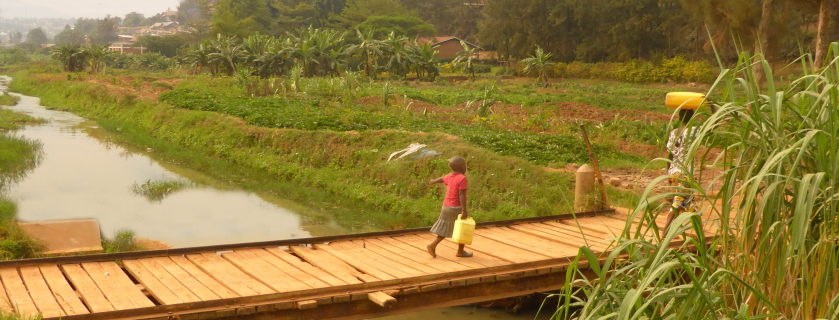Nemus’ commitment to the African market is consolidated with three new challenging projects
In a year of great uncertainty, with markets slowing down and investments in innovative and large-scale projects decreasing dramatically, Nemus is proud to maintain its level of productivity. In fact, Nemus has just added three new challenging projects in Africa to its portfolio, proving that its commitment to the “hot continent” was a strategic bet in the right direction, since the first project in 1999, in Cape Verde.
One of the three new projects will take place in Guinea-Bissau, which is amongst the African countries with the lowest electrification rate. Holding a population of almost 2 million, more than half in rural areas, this project, financed by the World Bank, will significantly increase the national electrical coverage, through the construction of more than 1,500 km of medium voltage power line. Nemus will develop the four Environmental Impact Studies (EIA) – associated with the four sections that will be built – to predict and quantify the effects that this major intervention will have on the environment.
In Rwanda, Nemus will be responsible for kick-starting an ambitious forest restoration project in a region of about 263,000 ha, currently very degraded by the presence of agricultural areas; The project, promoted by UNDP, aims to: increase carbon stocks through the planting of native trees, to implement new agricultural techniques with high sustainability and to develop state-of-the-art energy production technologies (currently very dependent on coal). Nemus will focus on the initial phase: collection of baseline data, projections of future socio-economic development scenarios and a robust monitoring plan that will allow for adequate subsequent monitoring of the project’s level of success (2nd and 3rd phase).
In Malawi, Nemus is getting all set to produce an innovative river basin management plan for the Bua River, which will be based on an ecosystem approach, meaning: beginning with the mapping of the present ecosystems, the services provided by each one will be analysed and quantified. Next, the technical team will plan a new management of this territory that will ensure that all ecosystem services will continue to be provided in order to sustain the needs of the populations and the good quality of the environment. This plan should serve as a “pilot plan”, which will be taken as an example to be later extended and applied to the whole country.

